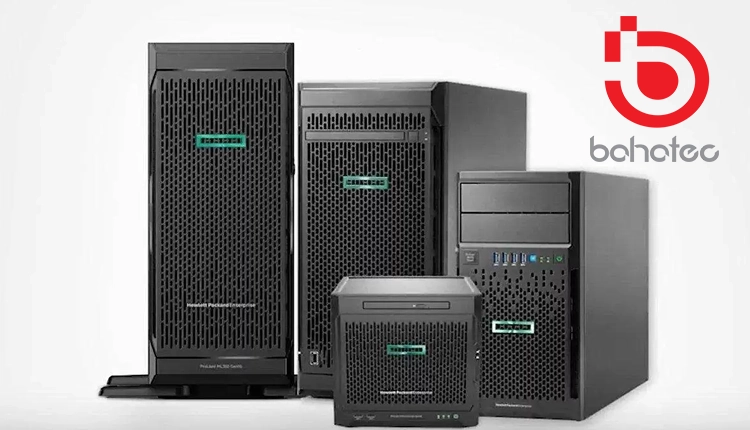HP Tower Servers: A Versatile Solution for Businesses
HP Tower Servers are a cornerstone in the realm of IT infrastructure, providing a robust and scalable solution for businesses of all sizes. These standalone units offer a blend of performance, flexibility, and ease of management, making them an ideal choice for various applications.
Understanding HPE Tower Servers
This Server are designed to be placed on a desk or floor, offering a compact and accessible form factor. Unlike rack servers, tower servers do not require specialized racks for installation. This makes them particularly suitable for:
- Small and medium-sized businesses: This Server provide a cost-effective solution for businesses with moderate IT requirements.
- Remote offices: Their compact size makes them ideal for deployment in branch offices or remote locations.
- Data centers: This Server can serve as supplementary systems or for specific workloads within larger data centers.
Key Features and Benefits
- Scalability: While tower servers may have limitations compared to rack servers in terms of maximum scalability, they offer sufficient expandability to accommodate growing business needs.
- Performance: This Server are equipped with powerful processors and ample memory to handle demanding workloads, including database applications, file and print servers, and virtualization.
- Management: HP’s Integrated Lights-Out (iLO) management technology provides remote server management capabilities, allowing administrators to monitor and manage servers from anywhere.
- Flexibility: This servers are versatile and can be configured to meet a wide range of requirements, from entry-level to high-performance computing.
HPE offers several tower server series, each with its own unique features and specifications:
-
HPE ProLiant ML Series: This series is one of the most popular choices for businesses seeking a balance of performance and affordability. ML servers are available in various configurations to meet different needs.
- HPE ProLiant MicroServer: Designed for small businesses and remote offices, MicroServers offer a compact and energy-efficient solution.
When selecting an HP Tower Server, consider the following factors:
- Workload: Determine the specific applications and workloads that your server will support.
- Performance: Assess the required processing power, memory, and storage capacity.
- Scalability: Consider your future growth plans and choose a server that can accommodate expansion.
- Budget: Set a budget and compare the costs of different server models.
Common Use Cases for HP Tower Servers
- File and print servers: Tower servers are excellent for managing and sharing files and providing print services within a network.
- Virtualization: They can be used to host multiple virtual machines, consolidating multiple servers into a single physical system.
- Database servers: This servers can support databases of various sizes, from small to medium-sized deployments.
- Web servers: They can serve as the foundation for websites and web applications.
Conclusion
This Servers offer a compelling solution for businesses seeking a versatile, reliable, and manageable IT infrastructure. Their compact form factor, scalability, and performance make them suitable for a wide range of applications. By carefully considering your specific requirements, you can select the right HP Tower Server to meet your business needs.
Contact us today to find the perfect HP Tower Server for your business


